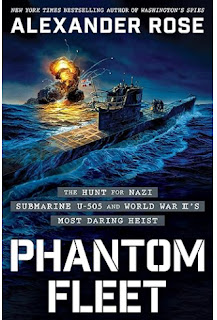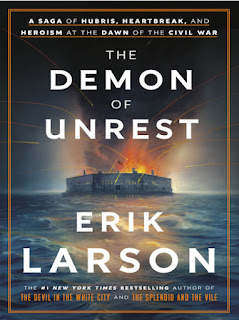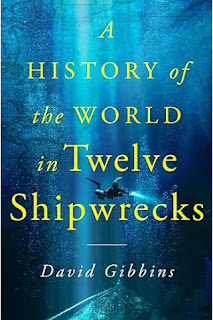What an informative and entertaining book! It read more like a thriller than a military naval history book. The depth of the research gave insight into the men and the mission to capture a German U-boat. It brought to life the efforts of the U.S. intelligence officers, their superiors, and their British and German counterparts as they played a cat-and-mouse game.
Beginning in 1942, with German U-boats off the eastern coast of the United States disrupting supply shipments, to the capturing of a U-boat in 1944, this story unfolds from the perspective of the U.S. and German naval officers. Along the way, the book recounts the critical work done by the British to crack the German Enigma encrypting device and how the U.S. used the information to hunt down the elusive U-boats and break the back of the German Navy.
I liked how Rose got into the personalities of the men involved, making it an intimate read with a depth not otherwise achievable. Owing to his conversational writing, the book is a captivating account of a single incident during World War II, highlighting its relationship to the war effort. I don't usually read World War II-era books, but I'm glad I made an exception for this book.
5/5 stars.
Thank you, NetGalley and Little, Brown and Company, for an advance copy of this book in exchange for an honest review. All opinions are my own. The publication date is May 20, 2025.
For more information:
Amazon | Barnes & Noble















